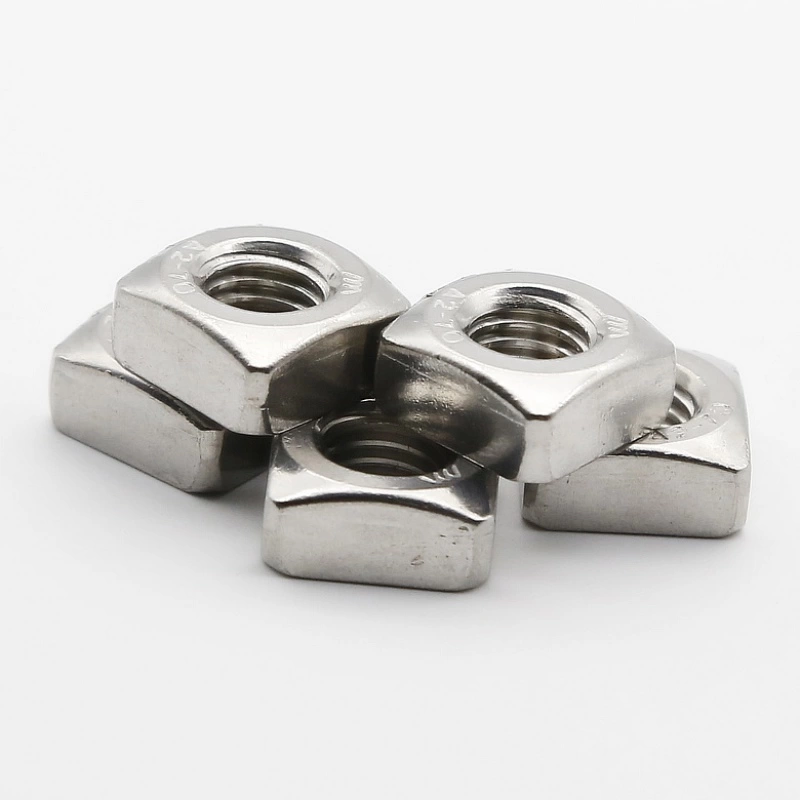

Types of Self-Tapping Screw Heads Explained for Various Applications
พ.ย. . 18, 2024 18:01 Back to list
Types of Self-Tapping Screw Heads Explained for Various Applications
Understanding Self-Tapping Screw Head Types
Self-tapping screws are an essential component in various construction and manufacturing applications. They are designed to create their own thread in the material they are driven into, making them incredibly versatile and efficient. One of the critical aspects to consider when selecting self-tapping screws is the type of screw head. Each head type serves different purposes and offers unique advantages.
Understanding Self-Tapping Screw Head Types
2. Flat Head Flat head screws are designed to sit flush with the surface of the material. This type of head is often used when aesthetics are a concern or when the screw needs to be countersunk. The flat head design also provides a larger bearing surface, which can help distribute the load in softer materials. They are commonly used in cabinetry and furniture assembly.
self tapping screw head types

3. Pan Head Pan head screws have a rounded top and a slightly larger diameter, providing greater bearing surface and increased resistance to pull-through. This makes them ideal for use in applications where the screw may need to bear a load or resist being pulled out. They are often found in electronics, appliances, and machinery.
4. Hex Head Hex head screws are designed for use with a wrench or socket, providing a significant advantage in applications where high torque is required. They are particularly useful in heavy-duty construction and automotive repairs. The hexagonal shape allows for a firm grip and helps prevent the screw from rounding, ensuring a reliable tighten.
5. Socket Head Similar to hex head screws, socket head screws have a cylindrical head with an internal hexagonal socket. They are commonly used in applications where space is limited and a low-profile screw is necessary. Socket head screws are prevalent in machinery and assembly applications due to their strength and durability.
In conclusion, selecting the right self-tapping screw head type is crucial for the success of any project. Understanding the differences and applications of Phillips, flat, pan, hex, and socket head screws can help ensure that you choose the most suitable option for your needs. Each head type offers distinct advantages that cater to various requirements, making self-tapping screws versatile tools in both construction and manufacturing sectors.
Latest news
-
Hot Dip Galvanized Bolts-About LongZe|High Strength, Corrosion Resistance
NewsJul.30,2025
-
High-Strength Hot Dip Galvanized Bolts - Hebei Longze | Corrosion Resistance, Customization
NewsJul.30,2025
-
Hot Dip Galvanized Bolts-Hebei Longze|Corrosion Resistance&High Strength
NewsJul.30,2025
-
High-Strength Hot-Dip Galvanized Bolts-Hebei Longze|Corrosion Resistance&High Strength
NewsJul.30,2025
-
Hot Dip Galvanized Bolts-Hebei Longze|Corrosion Resistance&High Strength
NewsJul.30,2025
-
Hot Dip Galvanized Bolts - Hebei Longze | Corrosion Resistance, High Strength
NewsJul.30,2025

